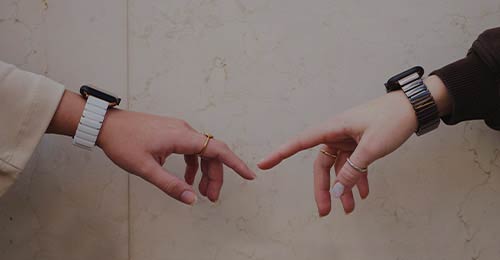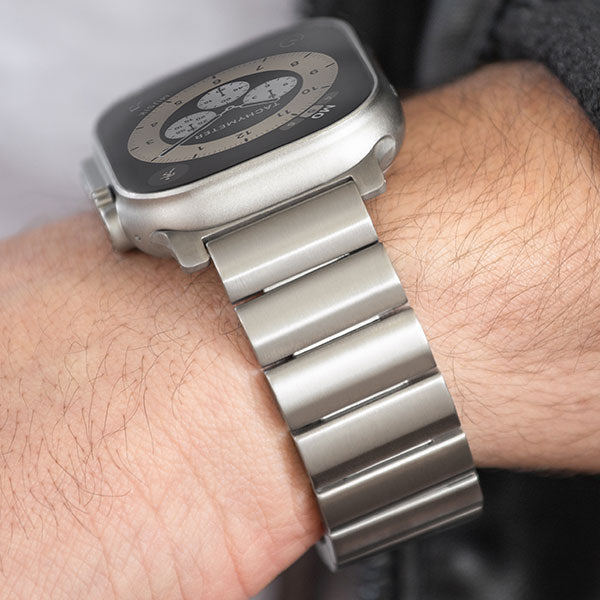Zero Waste - a new lifestyle?
Guest article by Christina Manolaki | ColibriBiz
What do old people in traditional villages have in common with many big city hipsters?
They live according to the zero waste principle and avoid rubbish as much as possible. Only in the past, they used to call it something else: saving money and living a modest life!
What does Zero Waste mean?
As a counter-movement to the consumer and plastic madness of the last few decades, many people try to reduce their consumption. After the pictures of rubbish islands in the ocean, people thought about how to reduce the amount of rubbish in everyday life - this has become a lifestyle.
The purpose behind ‘Zero Waste’ is therefore to avoid waste and waste of raw materials.
The purpose behind ‘Zero Waste’ is therefore to avoid waste and waste of raw materials.
Some people manage this almost completely. But for most of us, a near-zero waste life would be more realistic - but still! Saving a little (and more and more) waste is better than not trying at all.
So how does Zero Waste work in everyday life?
Bea Johnson drew up a rough guideline for this, 5R's in English:
1. Refuse (refuse such things e.g. fruit in plastic packaging)
2. Reduce
3. Reuse
4. Recycle
5. Rot (composting)
The order plays a role, because of course it is better not to buy nonsensically packaged food, for example, than to recycle it. Not buying a plastic container is great, but if you reuse it (instead of throwing it away and buying new ones later), something is already done! You understand what is meant.
There are now zero waste blogs with good ideas, shops and cafés that avoid waste as much as possible - but the principle is not really new.
Zero Waste in earlier times
There are regions where people in the past and in some cases even today live so close to nature and so simply that you can learn a thing or two from them if you want to avoid rubbish in everyday life.
Veronika Egger from Laimer, for example, tells me about the people from the Ulten Valley (South Tyrol):
"People used to live simply on the farms and had little, so they used everything and threw nothing away. We learned a lot from our grandparents how to reuse something - for example, paper in which something was wrapped: you pick it up and use it again. It was normal for us that material should not be wasted, and this is still a matter of course today.
According to Veronika, wood has also always been used optimally for everyday objects. This is why Laimer watches are made exclusively from FSC-certified wood scraps left over from the furniture industry.
This idea can be expanded and more things can be used from raw materials that would otherwise be destroyed. We do not need an abundance of disposable products, but beautiful objects that do not burden nature as much as possible.
Conclusion
The Zero Waste lifestyle has many followers, because people no longer want to consume senselessly. We want to respect the environment and use our resources wisely. But the idea is not new: people used to have to be thrifty in the past. Many things were not available, too expensive, or you had to drive to another place to get them.
Some of these things we can also transfer to our lives. How this works in everyday life and what you can do practically will be summarized in the next article.
Now we have a question for you: Did you observe your grandparents living frugally and avoiding rubbish? Feel free to write to us about your tips in the comments section!























